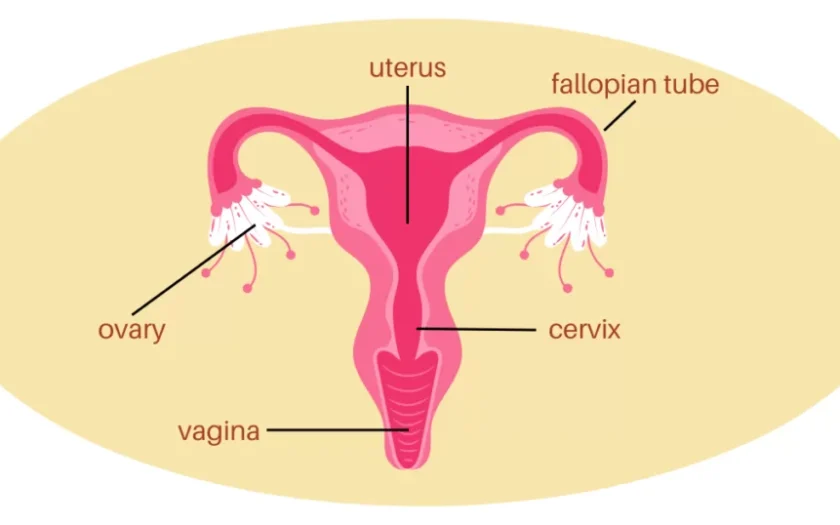Research suggests that our memory abilities in middle age and beyond are not necessarily doomed to decline. While factors like genetics and aging play a role, lifestyle choices can significantly impact our memory recall. Rather than accepting age-related memory decline as inevitable, adopting a mindset of higher expectations for our memory skills can lead to greater engagement in activities that support memory function.
Cultural attitudes toward aging and memory also influence memory performance. In societies where older adults are not stereotyped as forgetful, such as in China, individuals tend to perform better on memory tests. This suggests that societal expectations can influence effort and engagement in activities that support memory.
So, what are these activities and factors that can enhance our memory? Many of them overlap with strategies to reduce the risk of various diseases, including heart disease, stroke, diabetes, and depression. These include regular exercise, a healthy diet, adequate sleep, socialization, and mental stimulation. Additionally, there are specific memory techniques that individuals of all ages can learn and practice to improve memory recall.
The magic of exercise
Exercise emerges as one of the most powerful ways to protect and enhance memory function. Beyond the immediate mood and focus boost experienced after physical activity, regular exercise, particularly aerobic exercise, yields lasting benefits for memory.
Aerobic exercise, such as walking, biking, or gardening, increases the volume of critical brain regions involved in memory, namely the hippocampus and prefrontal cortex. These areas are vulnerable to neurodegenerative diseases and aging, but exercise can help combat volume loss. Moreover, physical activity promotes the growth of blood vessels in the brain, enhancing oxygen delivery and memory function. Exercise also stimulates the generation of new neurons in the hippocampus, facilitated by a protein called BDNF, which is activated during aerobic exercise.
Moderate to high-intensity aerobic activity can reduce the buildup of beta-amyloid plaques and tau tangles, which are associated with dementia. Evidence from a study involving Swedish women suggests that maintaining high cardiovascular fitness in midlife can delay the onset of dementia by up to nine years.
Experts emphasize that achieving these memory benefits doesn’t require becoming an elite athlete. Simply increasing cardio fitness from one’s own baseline, through activities like brisk walking or biking, for 30 minutes, three to four times a week, can suffice. Even activities like power vacuuming can contribute to improved memory function. Studies indicate that older adults who engage in regular walking can significantly reduce their risk of developing dementia.
While the benefits of aerobic exercise are well-established, research on the cognitive benefits of weight training is ongoing. However, evidence suggests that weight training likely offers its own advantages for memory and brain health.
Food for thought
To optimize memory function, experts recommend focusing on a diet rich in memory-enhancing nutrients and low in saturated fats. Rather than relying on supplements, adopting a Mediterranean-style diet has been associated with improved cognitive performance in adults.
A study published in the Journal of the American Geriatric Society in 2017 found that individuals with the highest adherence to the Mediterranean diet had a significantly lower risk of scoring poorly on cognitive tests, including measures of episodic and working memory.
The Mediterranean diet emphasizes:
- Limiting red meat and full-fat dairy
- Increasing consumption of fruits, vegetables, nuts, legumes, whole grains, and fish
- Using olive oil for cooking
Additionally, incorporating foods rich in flavonoids and flavanols is beneficial for memory health. These antioxidant compounds, found in apples (particularly the peels), berries, citrus fruits, black tea, and cocoa beans, help protect neurons and enhance cell signaling. Flavonoids and flavanols also increase the production of BDNF, a protein associated with the growth of new neurons. When it comes to chocolate, choosing products that are not alkalized (or Dutched) ensures a higher flavanol content, maximizing the brain-boosting benefits.
Omega-3 fatty acids are another essential component of a memory-friendly diet. Found in abundance in fish like salmon, mackerel, tuna, and sardines, as well as in flaxseed and walnuts, omega-3s support the health of brain cells and may have anti-inflammatory effects that protect against cognitive decline. Even consuming seafood once a week has been shown to positively impact memory function. A study published in Neurology in 2016 revealed that older adults who ate seafood at least once a week experienced slower rates of decline in factual memory compared to those who consumed seafood less frequently. This benefit was particularly pronounced in individuals carrying the APOE e4 allele, which increases the risk of Alzheimer’s disease.



